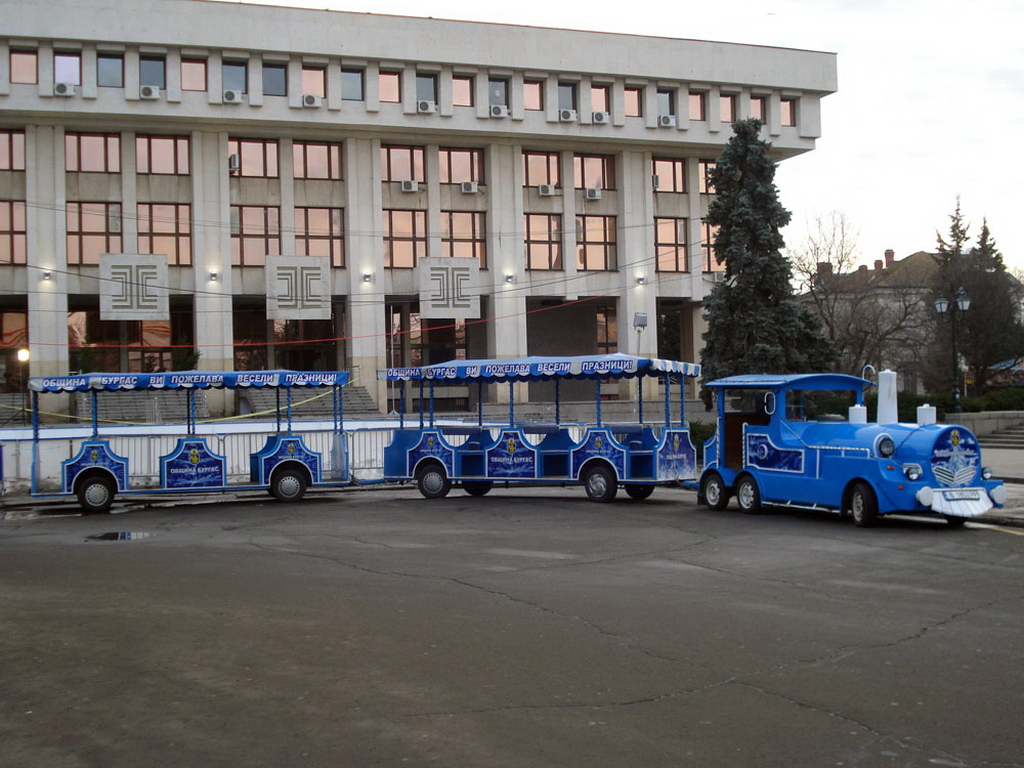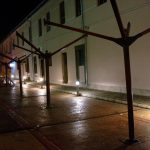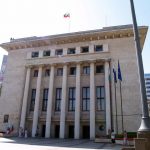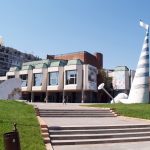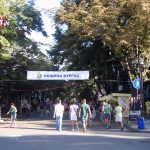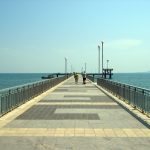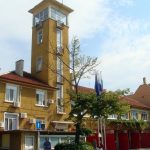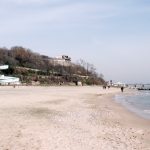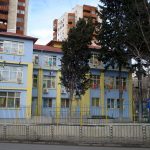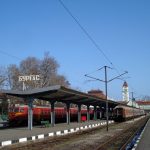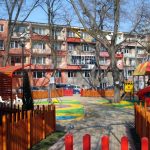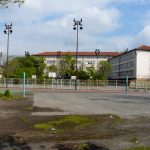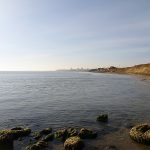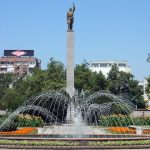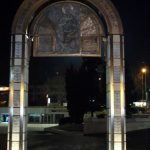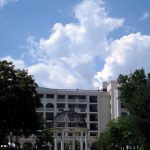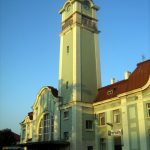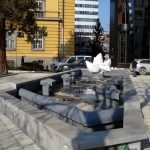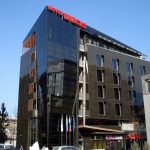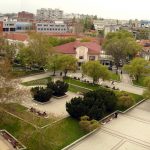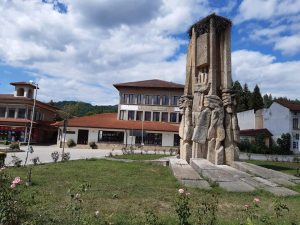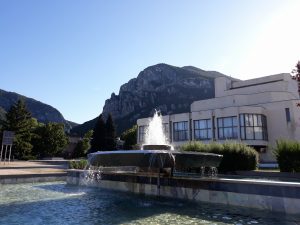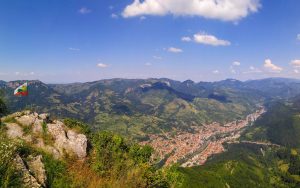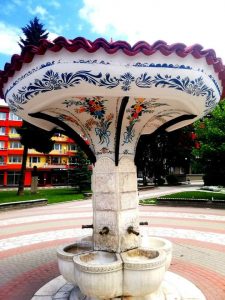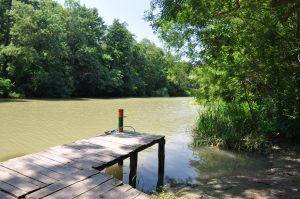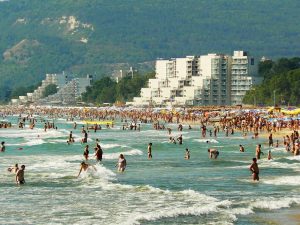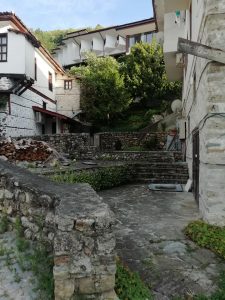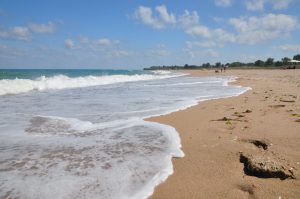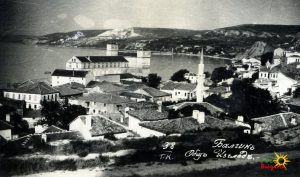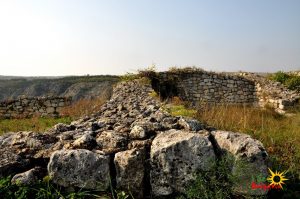Burgas (Bulgarian: Бургас, pronounced [burˈɡas]), sometimes transliterated as Bourgas, is the second largest city on the Bulgarian Black Sea Coast in the region of Northern Thrace and the fourth-largest in Bulgaria after Sofia, Plovdiv, and Varna, with a population of 202,694 inhabitants, while 277,922 live in its urban area. It is the capital of Burgas Province and an important industrial, transport, cultural and tourist centre.
The city is surrounded by the Burgas Lakes and located at the westernmost point of the Black Sea, at the large Burgas Bay. The LUKOIL Neftochim Burgas is the largest oil refinery in southeastern Europe and the largest industrial enterprise. The Port of Burgas is the largest port in Bulgaria, and Burgas Airport is the second most important in the country. Burgas is the centre of the Bulgarian fishing and fish processing industry.
Topography
Burgas is situated at the westernmost point of the bay by the same name and in the eastern part of the Burgas Plain, in the east of the Upper Thracian Plain. Burgas is located some 389 kilometres (242 mi) from Sofia, 272 km (169 mi) from Plovdiv, and 335 km (208 mi) from Istanbul. To the west, south and north, the city is surrounded by the Burgas Lakes: Burgas, Atanasovsko and Mandrensko, which are home to several hundred bird species. Pan-European corridor 8 passes through the city,[6] the European routes E87 and E773, and the longest national rout I/6.
The St. Anastasia Island is a part of the city.
Climate
Burgas has a humid subtropical climate (Köppen climate classification Cfa) but with continental influences. The summertime in Burgas lasts about five months from mid-May until late September. Average temperatures during high season is 24 °C (75 °F). Summertime sea temperatures stay around 23–24 °C (73–75 °F) at sunrise and go up to 29–30 °C (84–86 °F) at dawn, averaging 26 °C (79 °F). Winters are milder compared with the inland part of the country, with average temperatures of 4–5 °C (39–41 °F) and below 0 °C (32 °F) during the night. Snow is possible in December, January, February and rarely in March; however, it can quickly melt. The highest temperature was recorded in August 2003, at 42.8 °C (109 °F) and the lowest at −17.8 °C (0 °F) in January 1952.
Burgas municipality contact: 056 841 560; 0885 009670;
official site of the Burgas municipality: www.burgas.bg
map:
source: en.wikipedia.org
